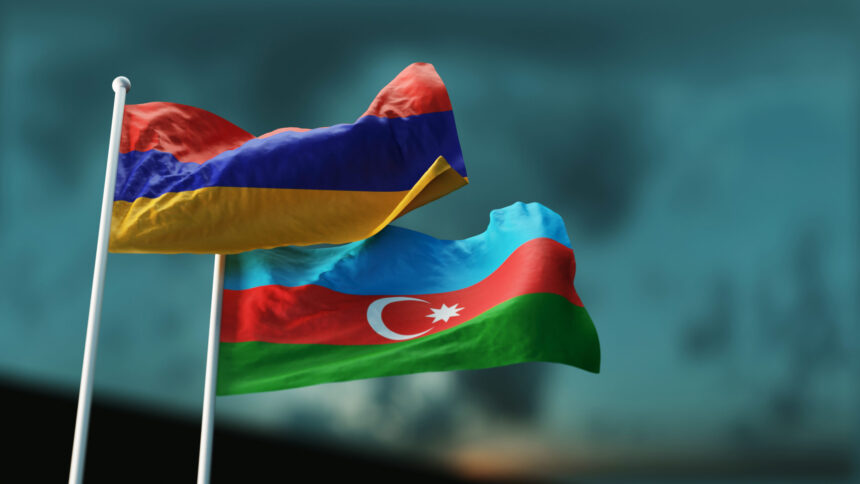Since the fall of the Soviet Union over three decades ago, the rival neighbors in the South Caucasus, Armenia and Azerbaijan, have fought two wars, killing tens of thousands of people and displacing hundreds of thousands.
Now, their leaders seem to be preparing to sign a peace treaty aimed at ending hostilities over the Azerbaijani region of Nagorno-Karabakh, which is populated by Armenians. Baku regained control of the region from ethnic Armenian separatists in September 2023 after a swift offensive.
“This announcement signals a real opportunity to finalize and sign the long-awaited bilateral peace treaty,” said Richard Giragosian, head of the Regional Studies Center, an independent institute in Yerevan.
Last week, Baku and Yerevan announced they had finalized the text of the historic peace agreement, although it remains unclear when the leaders of the two countries will sign it.
The agreement is seen as a major achievement to end the exhausting conflict in a region where the United States, Russia, the European Union, Turkey, and Iran are competing for influence.
Under the agreement, the two neighbors will establish formal relations, with Yerevan agreeing to recognize Azerbaijan’s sovereignty over Nagorno-Karabakh, a move it has resisted since 1991.
The two sides are said to have agreed on the sensitive issue of removing a reference from Armenia’s Constitution to its 1991 declaration of independence, which supports Yerevan’s territorial claims over the Karabakh region.
However, changing Armenia’s Constitution would require holding a national referendum, which could potentially delay the finalization of the agreement.
Giragosian argued that, barring any last-minute disagreements, the agreement “provides an opportunity to overcome the diplomatic deadlock between Armenia and Azerbaijan.”
He stated that constitutional changes could not be implemented before June of next year.
Some analysts have seen the issue as a potential obstacle. Azerbaijani political analyst Rauf Mirgadirov said the timeline could delay the peace agreement’s implementation.
“If the document does not guarantee mutual recognition of territorial integrity, then it is not a true peace agreement, no matter what it is called,” Mirgadirov said.
He added that a comprehensive peace agreement “requires unconditional recognition of each other’s territorial integrity.”
The news of the agreement has been met with optimism by the international community.
Washington praised Baku and Yerevan for concluding talks on “a historic peace treaty.”
“This is an opportunity for both states to open a new chapter in their decades-long conflict, in line with President Trump’s vision for a more peaceful world,” said U.S. Secretary of State Marco Rubio in a statement on March 14.
French President Emmanuel Macron said this development “should pave the way for sustainable peace in the South Caucasus.”
European Council President Antonio Costa called the agreement “a decisive step towards the full normalization of relations between Armenia and Azerbaijan and the opening of the region.”
In Yerevan and Baku, residents have expressed mixed feelings about the agreement, voicing distrust and skepticism that cloud their hopes for peace and a new beginning.
“Nothing will change,” said a man in Yerevan, who did not wish to be identified. “What agreement has ever been more than just words on paper? Why would this be different?”
“If there is peace, then that’s only good for the people,” said another woman in Yerevan, who also requested anonymity. “There will be no war. It will be better.”
An elderly woman in Baku said she would be very happy if the agreement produces lasting peace.
“Let the mothers not be afraid, let the children not be afraid,” she said, according to REL.
Meanwhile, a man in Baku said Azerbaijanis have little trust in Armenia’s commitment to a peace agreement.
“We hope for the best, but it is very difficult,” he said.







